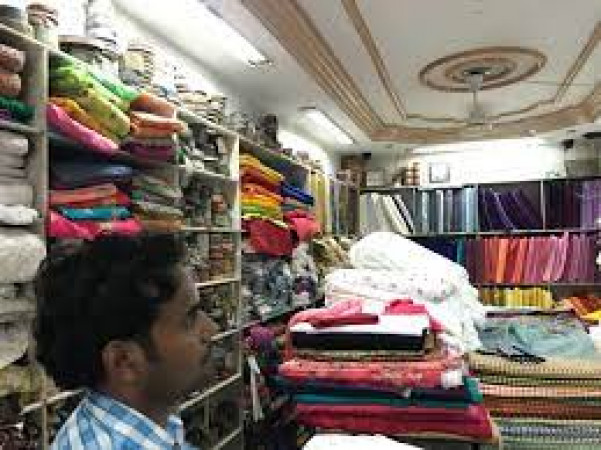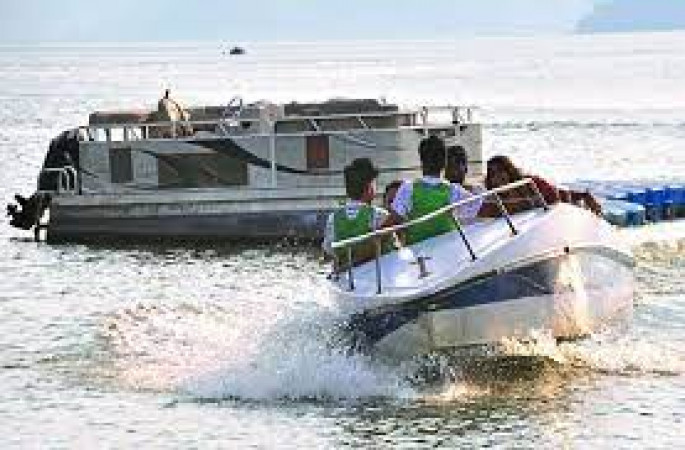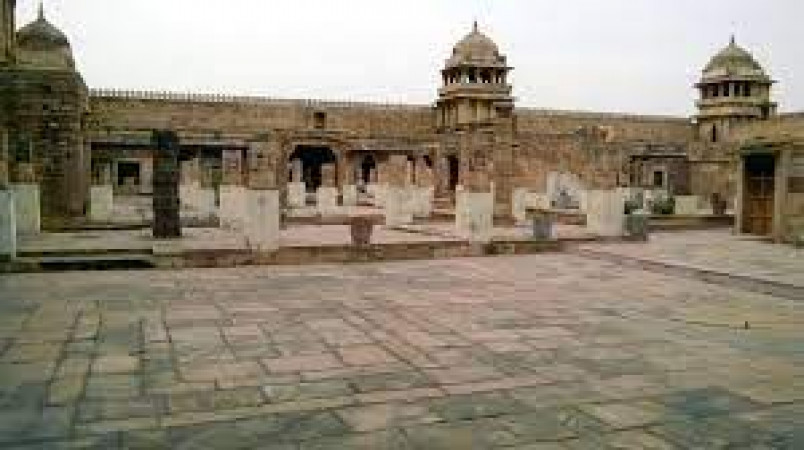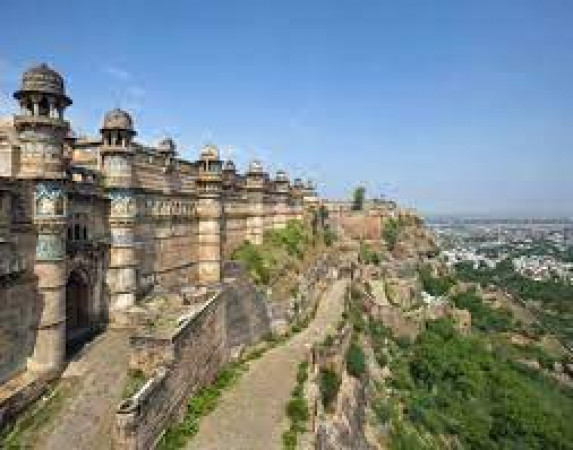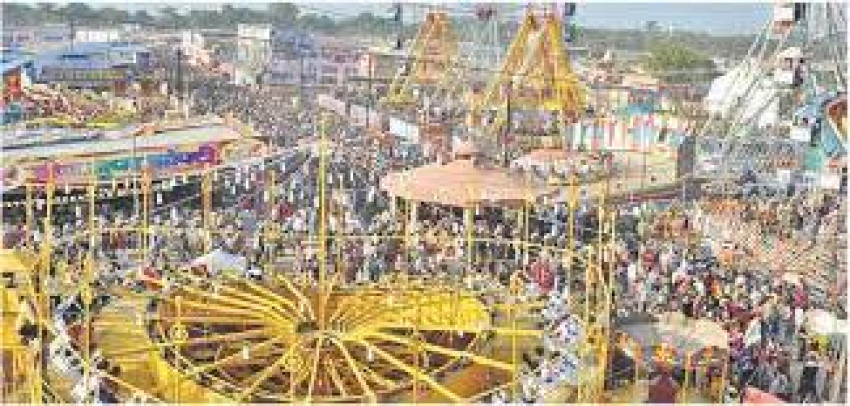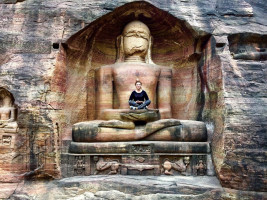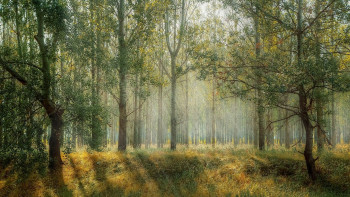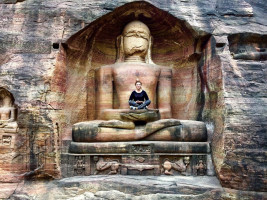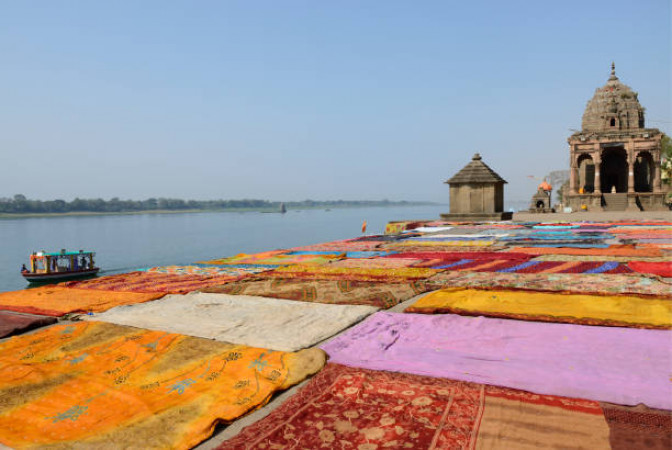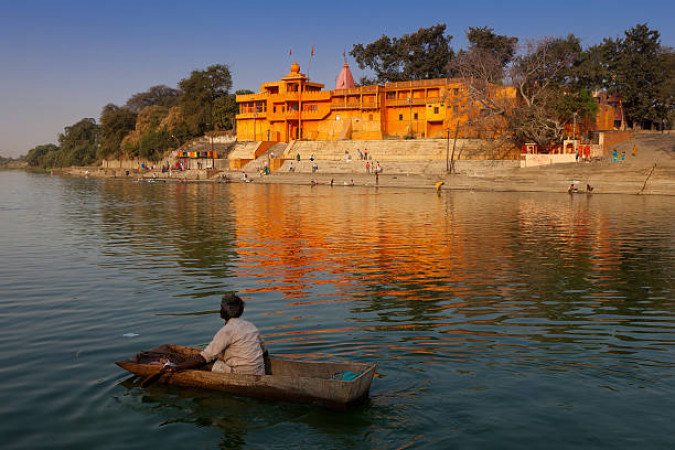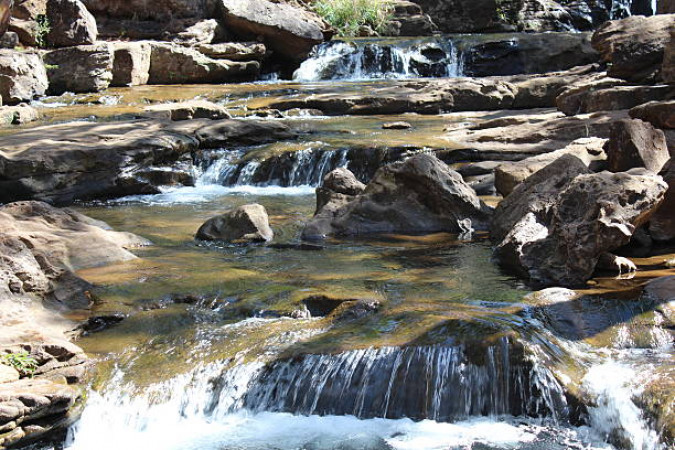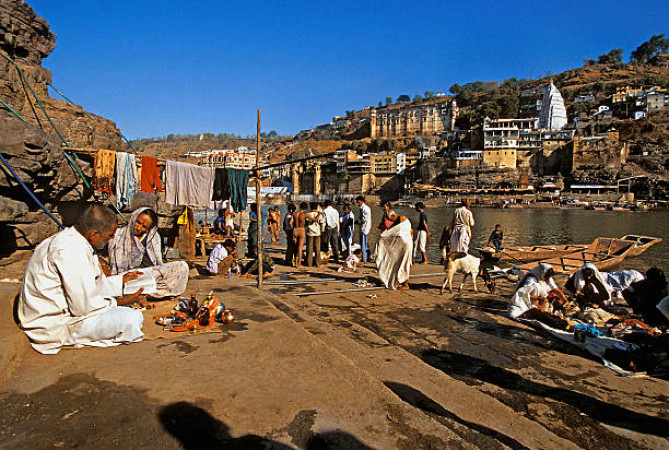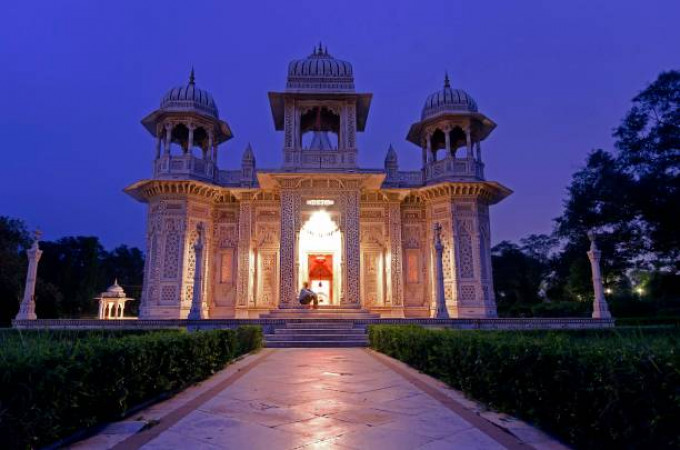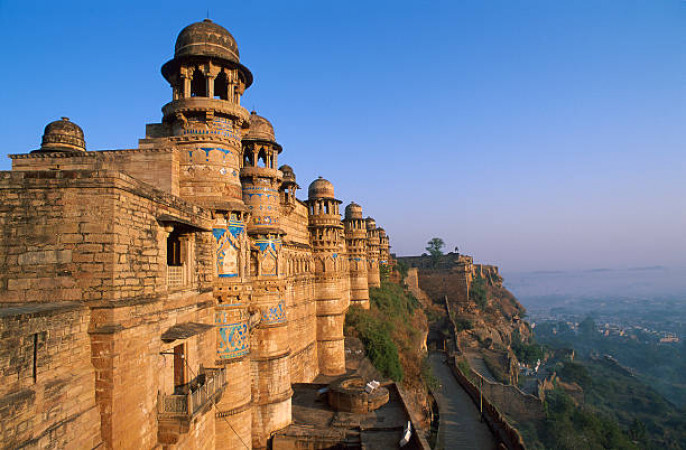
Gwalior
Duration
2 to 4 Days
2 to 4 Days
Best time to visit
Feb-Mar, Oct-Nov
Feb-Mar, Oct-Nov
Theme
Heritage
Heritage
Gwalior Travel Guide
Gwalior, located in the heart of India, is a city steeped in history and culture. Known for its majestic forts, palaces, and temples, Gwalior has been a significant center in Indian history. The city's strategic location on the trade routes has made it a prominent cultural and political hub over the centuries. Gwalior is also famous for its classical music and is considered the birthplace of the Gwalior Gharana, a prominent school of music in India.Top Attractions in Gwalior
- Gwalior Fort
- Jai Vilas Palace
- Sas Bahu Temple
- Gujari Mahal Archaeological Museum
- Tansen's Tomb
Gwalior is Famous for
Gwalior is most famous for its magnificent Gwalior Fort, which stands as a symbol of the city's rich history and architectural prowess.Top Attractions in Gwalior
- Explore the grandeur of Gwalior Fort
- Marvel at the opulence of Jai Vilas Palace
- Visit the intricately carved Sas Bahu Temple
- Discover the ancient artifacts at Gujari Mahal Archaeological Museum
- Pay homage to the legendary musician Tansen at his tomb
What's Great about Travelling to Gwalior?
- History buffs will love exploring the city's rich heritage
- Architecture enthusiasts can admire the stunning forts and palaces
- Music lovers can immerse themselves in the classical music traditions of Gwalior
What's Not So Great about Travelling to Gwalior?
- Those seeking a bustling nightlife may find Gwalior quiet
- Travelers looking for a beach destination may not find Gwalior suitable
Travel Tips for Gwalior
- Check visa requirements before traveling to Gwalior
- Opt for local transportation options like auto-rickshaws for convenient travel
- Be cautious of your belongings in crowded tourist areas
Important Gwalior trip information
- Ideal Duration: A 2-3 day trip is ideal to explore the major attractions.
- Best Time to Visit: The winter months from October to March offer pleasant weather for sightseeing.
- Nearby Airports and Railway Stations: Gwalior Airport and Gwalior Junction are the primary entry points to the city.
Top 24 Places to visit in Gwalior
Per Person
5,000
*EXCLUDING APPLICABLE TAXES 4.9 Ratings
( 200 Reviews )
( 200 Reviews )
Per Person
11,762
*EXCLUDING APPLICABLE TAXES 4.9 Ratings
( 200 Reviews )
( 200 Reviews )
Per Person
17,706
*EXCLUDING APPLICABLE TAXES 4.9 Ratings
( 200 Reviews )
( 200 Reviews )
FAQ's on Gwalior
Q1: What is the best time to visit Gwalior?
The best time to visit Gwalior is from October to March when the weather is pleasant and ideal for exploring the attractions. This period also coincides with many festivals and events in the city, offering a vibrant cultural experience. Avoid visiting during the summer months from April to June as temperatures can soar, making sightseeing uncomfortable.
Q2: Do I need a visa to travel to Gwalior?
Most tourists visiting Gwalior can enter India on an e-Visa, which is easy to obtain online. Ensure your passport is valid for at least six months beyond your intended stay. Some nationalities may require a traditional visa, so it's advisable to check the specific requirements based on your country of origin.
Q3: What are the must-visit attractions in Gwalior?
Gwalior is famous for its majestic Gwalior Fort, the intricate Jai Vilas Palace, and the stunning Sas Bahu Temples. Don't miss exploring the Scindia Museum, witnessing the sound and light show at the fort, and visiting the Tomb of Tansen. The city's rich history and architectural marvels make it a must-visit destination for history and culture enthusiasts.
Q4: Is Gwalior a safe place to travel?
Gwalior is generally safe for tourists, but like any other destination, it's essential to remain cautious and aware of your surroundings. Avoid isolated areas at night and take necessary precautions to safeguard your belongings. It's advisable to use reputable transportation services and stay in well-known accommodations for added security.
Q5: What is the local currency in Gwalior and can I use credit cards?
The local currency in Gwalior, India, is the Indian Rupee (INR). ATMs are widely available in the city for cash withdrawals, and credit cards are accepted at most upscale hotels, restaurants, and shops. However, it's recommended to carry some cash for transactions in local markets and smaller establishments.
Q6: What is the local cuisine like in Gwalior?
Gwalior offers a mix of traditional Indian cuisine with influences from the Mughal and Maratha eras. Indulge in local specialties such as Kachori, Bedai, and Bhutte ka Kees. Don't miss trying the famous Gwalior kebabs and sweet treats like Jalebi and Imarti. Vegetarian options are plentiful, but be mindful of spice levels if you have a sensitive palate.
Q7: What transportation options are available in Gwalior?
Gwalior has a well-connected transportation network that includes auto-rickshaws, cycle rickshaws, and local buses for getting around the city. Taxis and app-based cab services are also available for more convenient travel. If you prefer self-exploration, consider renting a car or hiring a driver for a day to visit nearby attractions like Orchha or Datia.
Q8: Are there any cultural norms or etiquette I should be aware of when visiting Gwalior?
When visiting Gwalior, it's important to respect local customs and traditions. Dress modestly, especially when visiting religious sites, and remove your shoes before entering temples or mosques. Greet locals with a traditional "Namaste" and avoid public displays of affection. It's customary to eat with your right hand and accept offerings with both hands as a sign of respect. Understanding and appreciating the local culture will enhance your overall experience in Gwalior.
Q9: I am a travel agent. How can I buy travel leads of Gwalior?
Register yourself as a travel agent at agents.tripclap.com and then you can buy travel leads to Gwalior once your account is approved. For more details contact our support team at +91-8069186564 or support@tripclap.com
